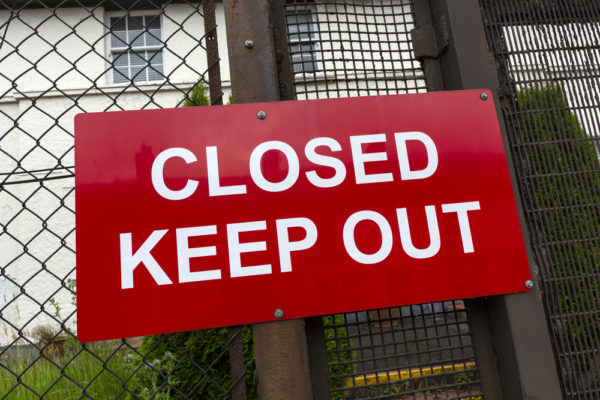
Traditional Publishing is infamous for its “gatekeepers.” They are the first line of defense against the ravening, unwashed hordes of authors trying to get their books published by Big Publishing.
When I was growing up, you had two options – traditional publishing (the gold standard), and self-publishing, which usually meant a vanity press – a printing company you would pay to print your book and ship you a pallet’s worth of copies which you’d then try to sell to readers and bookstores, often out of the trunk of your car.
This is where much of the stigma came from for the term “self-publishing” – often, such books were only in print because the author could afford to pay someone to print them, regardless of how good or bad the book was. Vanity publishers would print the phone book if you paid them enough.
Boy, how things have changed.
On the one hand, new technology has leveled the playing field, making it much easier for authors to create and publish their own beautiful books, even in print, without having to pay in advance for 3,000 copies (or find space in your garage to store them).
And a number of marquee authors have gone this route, so the quality of self-published (or indie published) books has improved greatly.
But precisely because it’s so easy, there’s still a wide range of quality in indie-published books. Many authors skimp on editing and proofing either because they can’t afford it, or because they think that they can do it all on their own.
And I get it. Editing is a huge expense for an indie writer, especially one just starting out. If you’re likely only to sell thirty books and gross $100, it makes no sense in a return-on-investment sense.
So for many authors, traditional publishing remains the gold standard That’s where the gatekeepers come in.
At most large presses, an editor won’t even look at your work unless it’s represented by an agent. Agents are the first gatekeepers at the edge of the traditional publishing castle.
First, you have to convince an agent to take you on. That’s a tall order because a) they have their own specific interests, b) they have to find what editors are looking for, c) they likely already have an author in your niche, and d) everyone seems to be looking for the next Game of Thrones or Harry Potter author.
No one is looking for strong, consistent midlist authors anymore.
So let’s say you get past the first gatekeeper – an agent reads your work and loves what they see, and offers to represent you. Your agent’s job is to know what they want, and then to help you whip your manuscript into shape
The Editor is the second gatekeeper. With downsizing and mergers, there are fewer editors at the big publishers than there used to be. Once the agent deems your manuscript ready, they present it to the appropriate editors, based on their experience in the industry. This is called being on sub – for submissions. It can take a long time, and there’s no guarantee your manuscript will find an editor who wants it, even with a great agent.
But let’s say you make it through the first two gates. You’re home free, right? But even if an editor wants your book, the publisher may nix it if they don’t think it will be profitable, or that it is a bad fit for their list. They’re the third and final gatekeeper.
So far, I haven’t made my way past any of these gates. I’m standing outside the castle walls, looking through the windows (wait, do castles have windows?) at all the happy authors inside.
I’m almost done with my second book/round of agent submissions. In the first round, I had 145 rejections/non-responses. For my second book/round, it will top 200.
And when 200 of the industry’s luminaries tell you your story just isn’t good enough (even if they take care to say it in a variety of non-offensive ways), it gets to you.
The gates are closed and locked, and a grizzly bear with a machete and a werewolf with an uzzi are patrolling back and forth to make sure you don’t get inside.
It’s hard not to internalize so much rejection from the folks that out to know what will sell and what won’t. And how long do you keep beating at those gates, fending off the bear and the werewolf, before you just give up, pack up your laptop, and head home?
I’ve found one thing that helps – actually talking to agents. I’ve spoken with a few at online events, as I’m not yet comfortable doing cons again with Covid still so prevalent.
Agents are people too, struggling with the same aspects of the business we writers are – too many writers and books, too few editors, publishers myopically focused on profits above all else, and a cloudy crystal ball.
One even went so far as to vet my query materials. Aside from a couple minor issues in my query letter, she assured me that I wasn’t doing anything wrong. My writing was good and my pitch strong. Sometimes it’s just the right book at the wrong moment.
There’s something both maddening and freeing in that – knowing it’s not me, that sometimes it really is just that what I’m doing isn’t a good fit for the majority of agents at this moment, for whatever reason.
But it still doesn’t answer the fundamental question. How do I get through the gates?
I don’t have an answer yet, but I’ll keep trying. And maybe, one of these days, I’ll find the key to the gate.
To my writer friends, have you queried agents? If so, have you ever made it past the gatekeepers? Either way, what happened?
